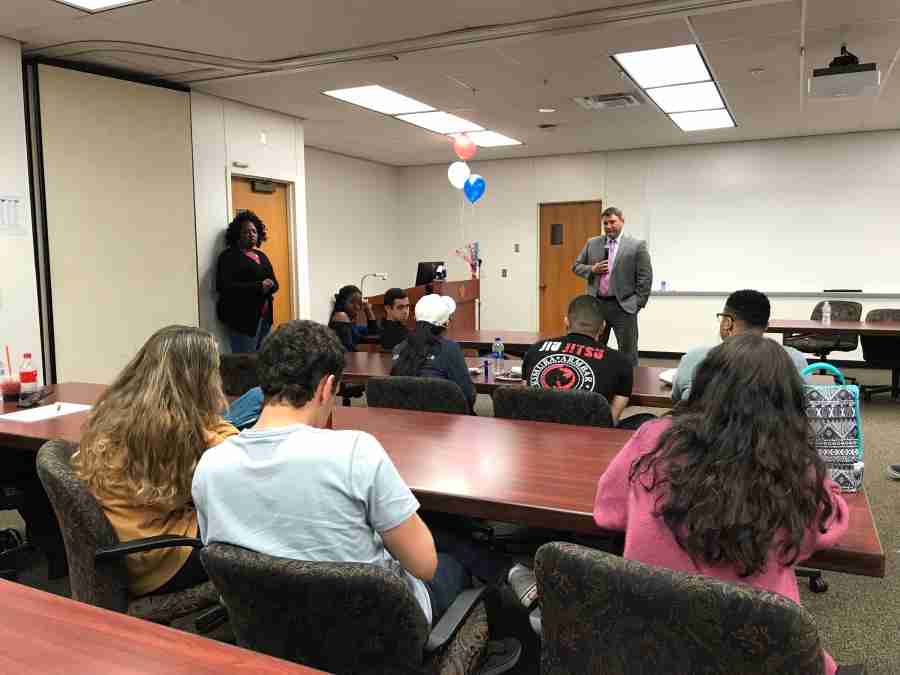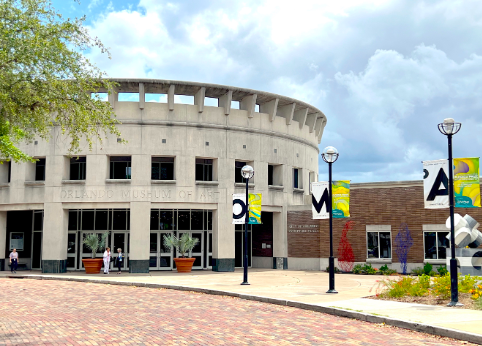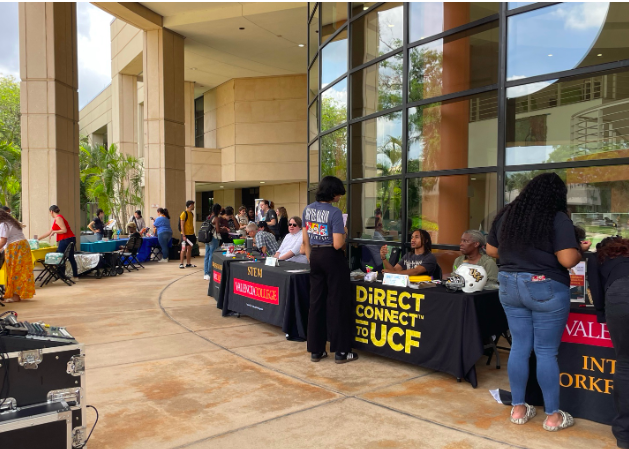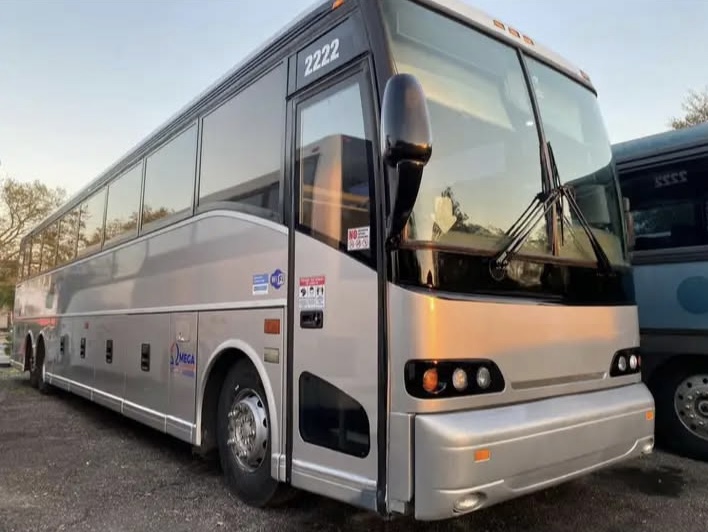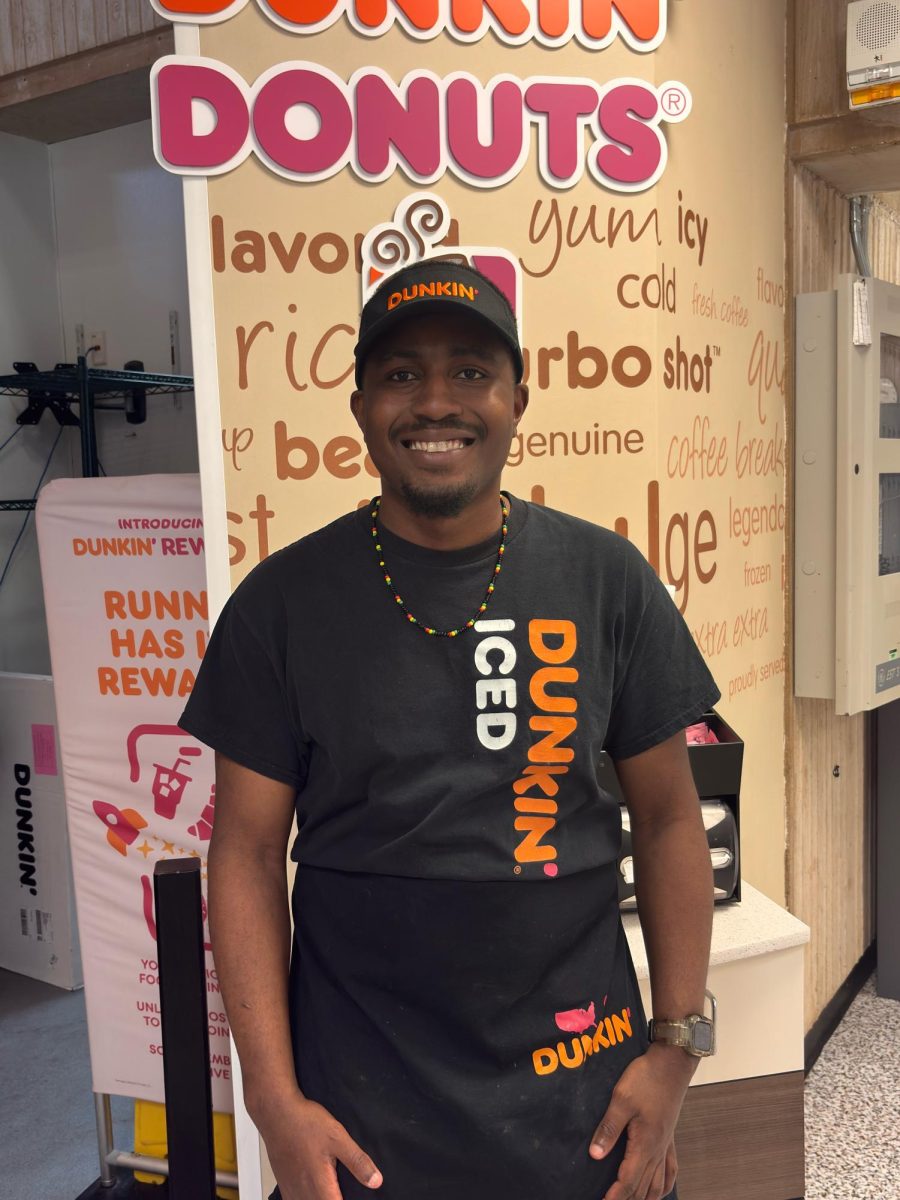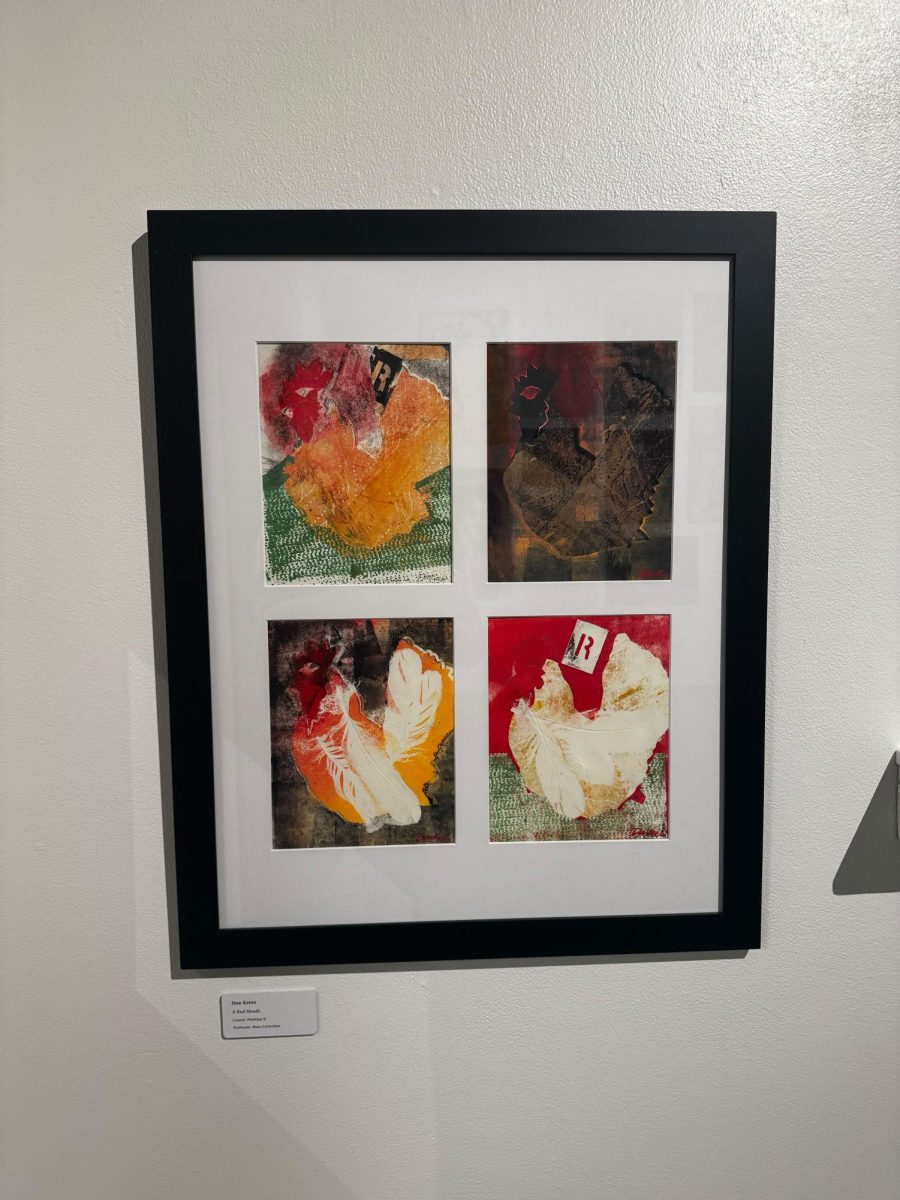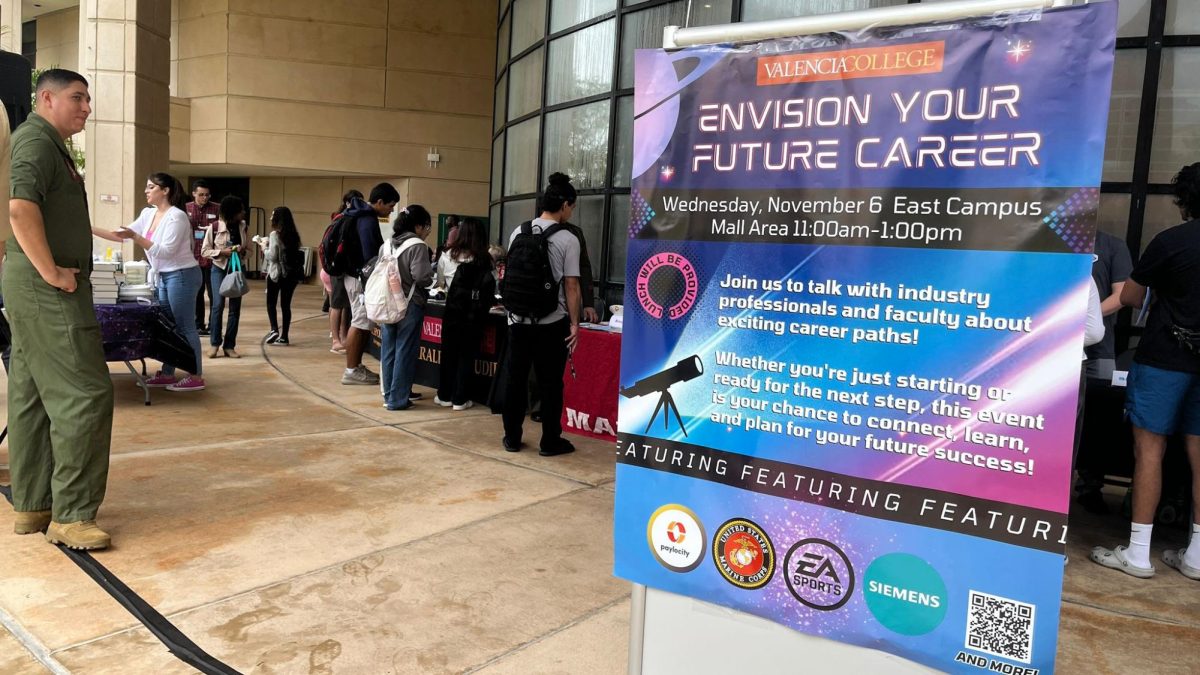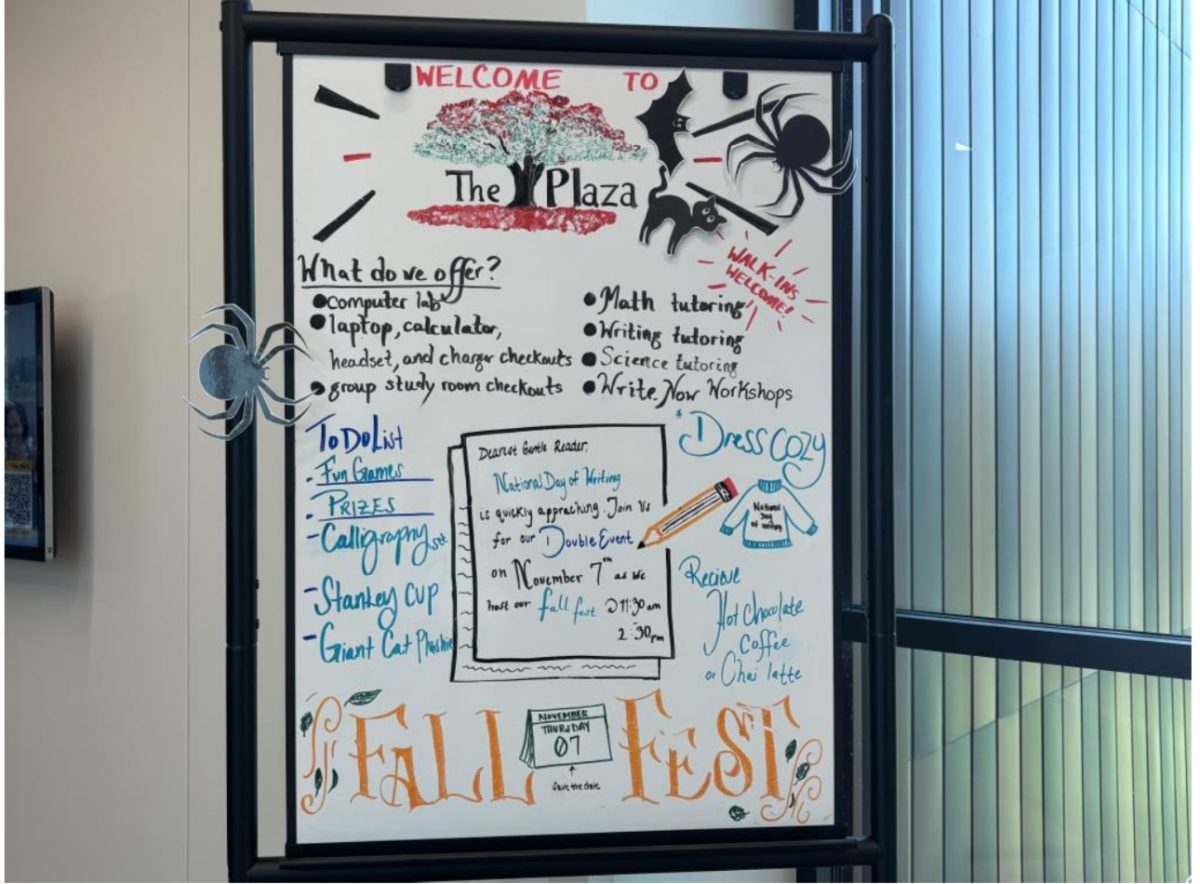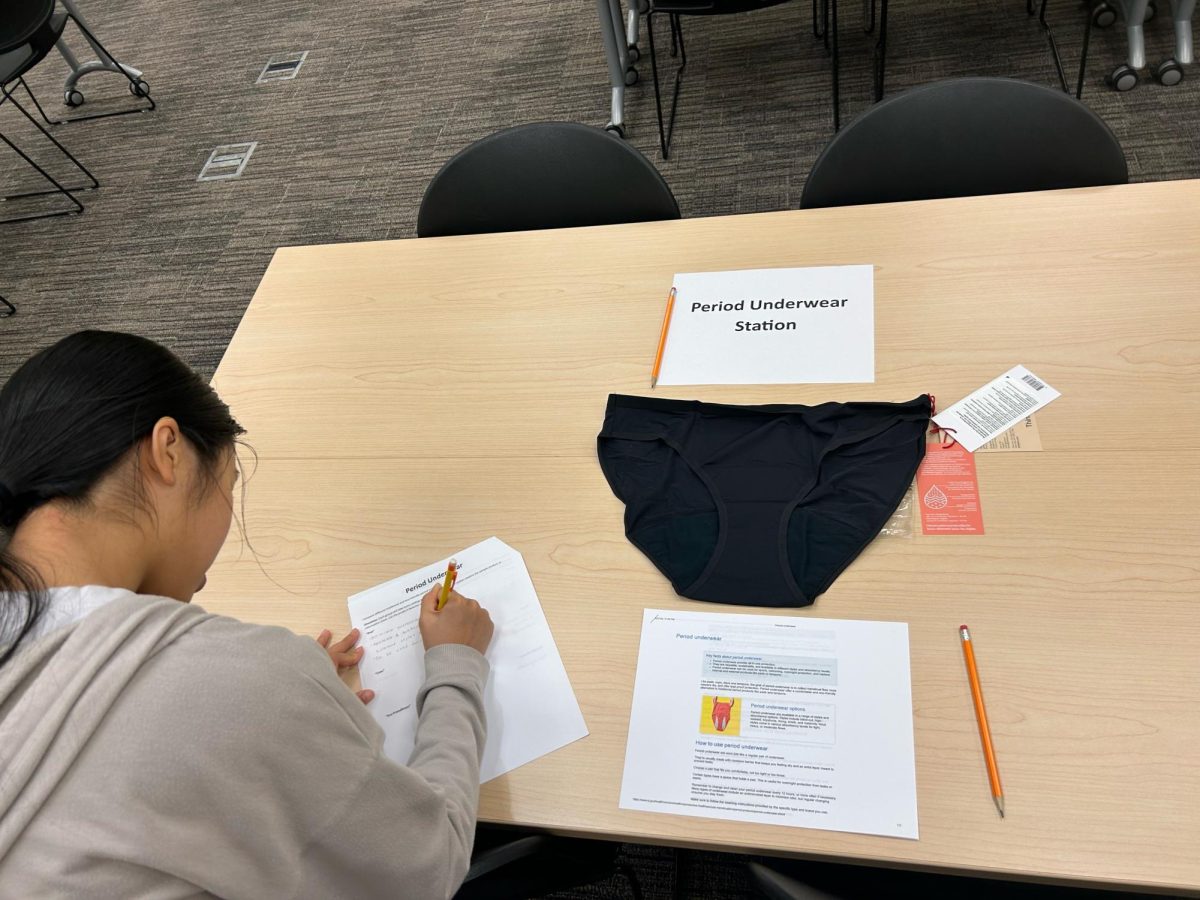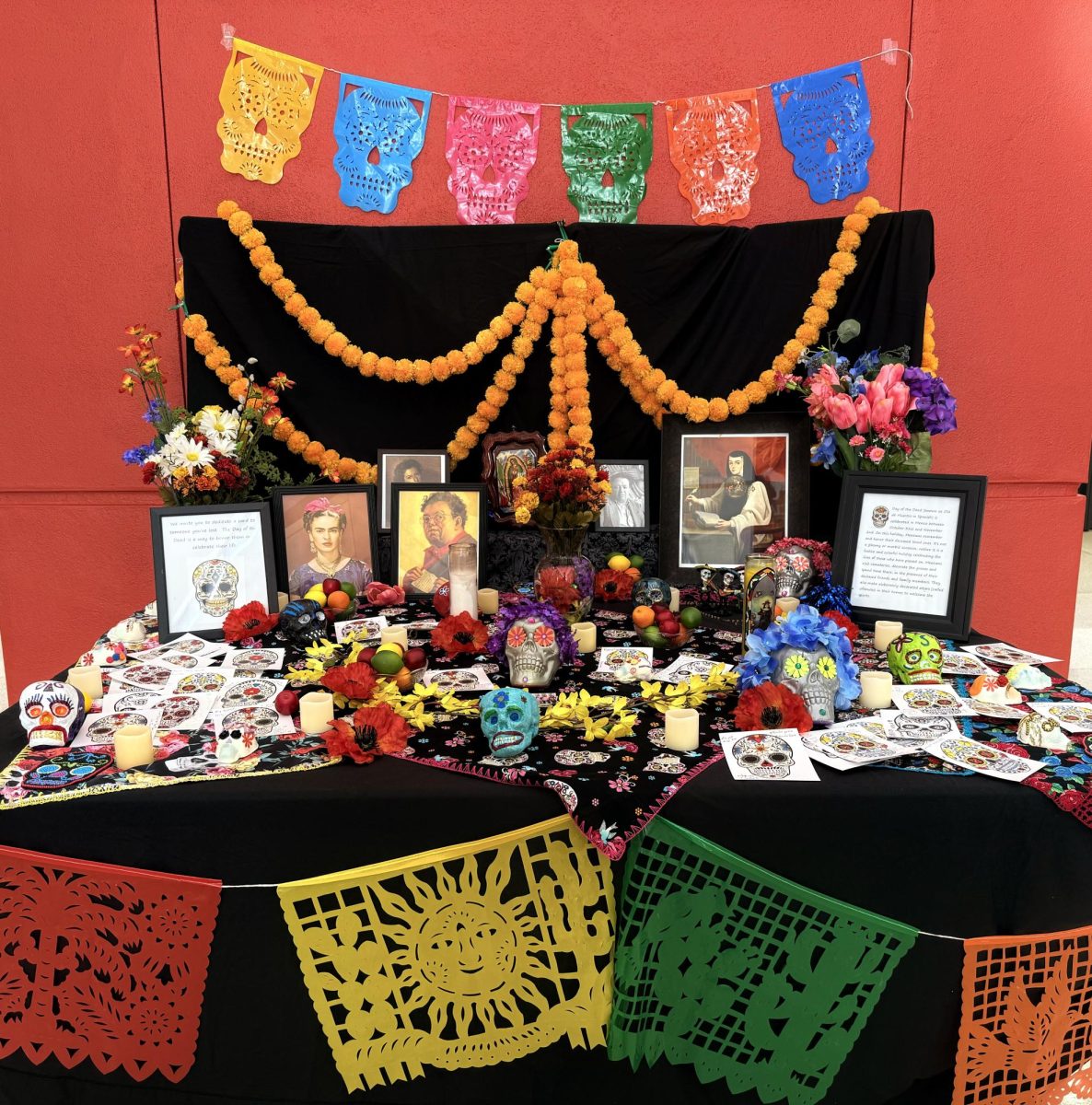The Valencia College Student Government Association hosted an immigration town hall meeting at West Campus on Thursday to address residency statuses and opportunities for students.
Special guest Attorney Rusten C. Hurd spoke on the different types of visas, the processes to obtain permanent residency through employment or a relative, deadlines and wait time for requests, and some of the difficulties immigrant students face.
“The [immigration] system is completely overwhelmed,” Hurd said. “About 85,000 temporary employment visas, also called H1B, are given every year and last year alone there were about 200,000 applicants. So even if students meet the requirements, there is less than a 50 percent chance they will get them.”
International Students can apply for a year of Occupation Practical Training as an option to stay after the completion of their degree, but residency has gotten more difficult to obtain in recent years.
Some students at Valencia College have applied for asylum in the U.S., which according to Hurd, is usually the last resort taken when “foreign nationals cannot find another way to stay in the United States and they fear going back to their country.”
Last year, President Donald Trump’s administration changed the way asylum cases were handled. Since the beginning of 2018, it can take up to four years for an asylum applicant to get an approval interview, according to Hurd. Previously, cases were typically heard within six months. Now, new applicants are called to the interview within six weeks, which has delayed the wait time for those who applied four or five years ago.
Many students asked questions about the wait time for asylum; however, there were no easy answers – every immigration case differs in length and requirements.
“The time to get a visa for immediate relatives of permanent residents is taking 14 years, and it varies, for instance, to process a visa for a sibling from the Philippines is taking 27 years, so some countries take longer than others,” Hurd explained.
Ifunanya Olcafor, an international student and organizer of the event, felt it was necessary to have a space to talk about immigration concerns on Campus.
“I understand the difficulties international students and other students encounter, I wanted to do this event to inform them and answer any questions regarding their status and residency opportunities in the United States,” she said.

